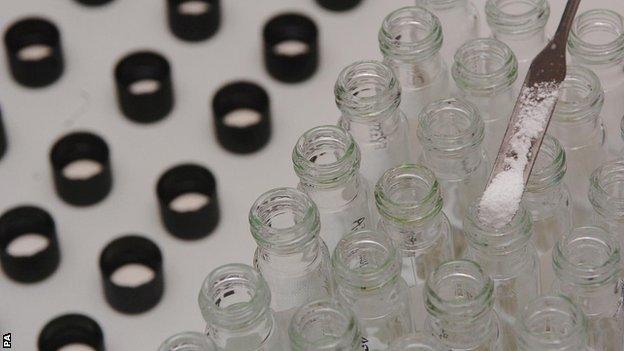Drug-cheat athletes 'one step ahead', MPs told
- Published
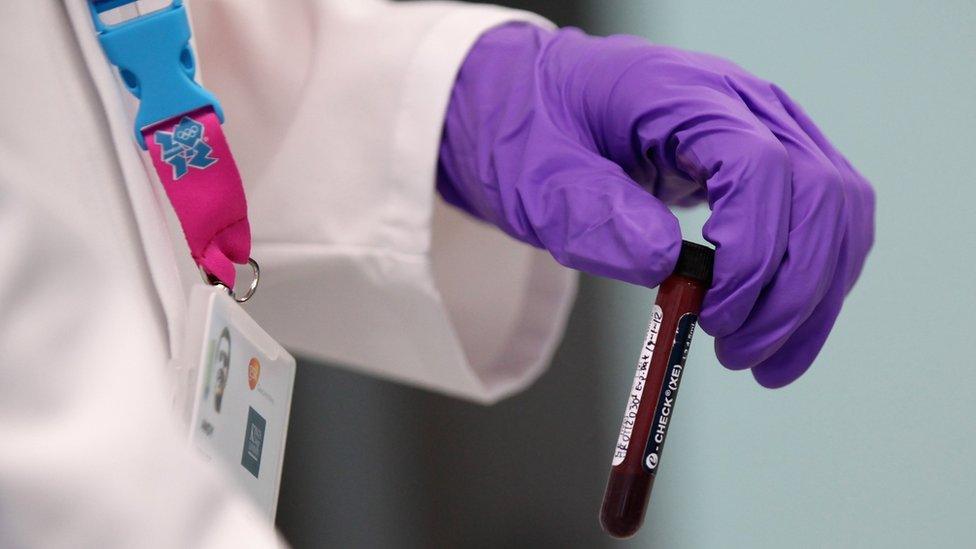
The UK's anti-doping chief has told MPs sophisticated drug cheats are still one step ahead of the authorities.
Nicole Sapstead said some athletes went to "extraordinary lengths" to avoid detection, including hiring scientists to tell them what to take when.
The MPs were also told the anti-doping authorities suffered from a lack of resources.
It comes after the Sunday Times obtained thousands of leaked blood test results.
'Simply overwhelmed'
Ms Sapstead, the chief executive of UK Anti-Doping (Ukad), told MPs scientists were telling doping athletes how long to delay when drug testers knock on their door.
"There are drugs out there which are constantly being modified to avoid detection and that's the problem that organisations such as ours have," she said.
"The science is behind the sophisticated cheater."
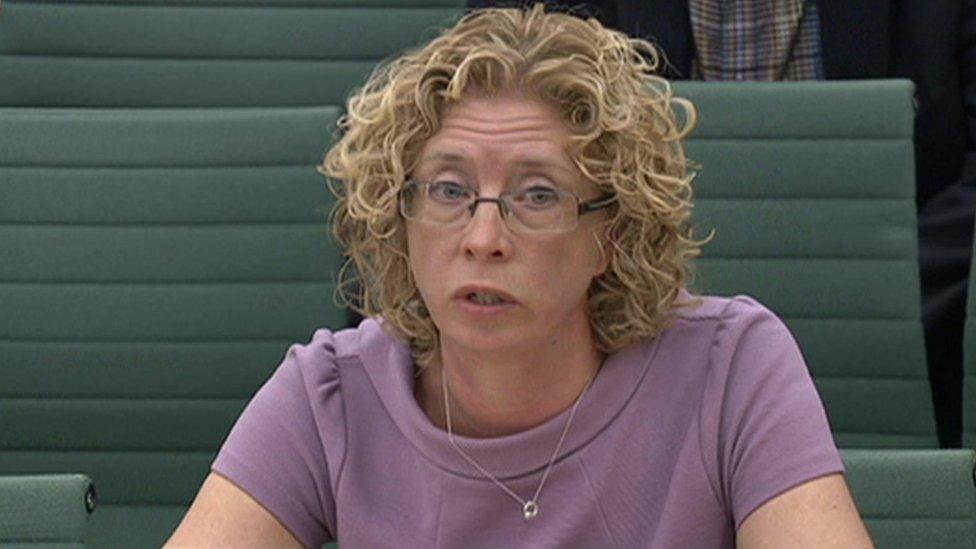
Nicole Sapstead told MPs some athletes went to "extraordinary lengths" to avoid detection by drug testers
The Sunday Times published data from 5,000 athletes, which it had reviewed by scientists and said revealed an "extraordinary extent of cheating". But the International Association of Athletics Federations (IAAF) called the allegations "sensationalist and confusing" denying it had failed in its duty to carry out effective blood testing.
Ms Sapstead said Ukad could ask for data on UK athletes going back to 2005 - the longest time span it is legally allowed to request.
"If there are UK nationals there is no reason why an international federation would not share that with us," she said, adding that other countries were believed to have approached the IAAF for data on their athletes.
Asked which sports were "cleanest", she listed squash, badminton and table tennis, and also said she had seen no evidence of under 16s doping in the UK.
The Culture, Media and Sport Committee, external was holding the first of two sessions looking at blood doping, which involves replacing an athlete's blood to enhance their performance.
Earlier Dr Michael Ashenden, one of the doping experts used by the Sunday Times to assess the leaked data, said the IAAF had "lost the trust of the public" and that cycling's world governing body had been quicker to react to the issue.
The IAAF was "simply overwhelmed" by the scale of the problem, he added.
Ms Sapstead said there was no reason to believe Mr Ashenden was "anything other than very credible".
The Sunday Times' coverage was described by Britain's Lord Coe, who has since been elected as IAAF president, as "a declaration of war" against athletics.
Asked about this, Ukad chairman David Kenworthy told the MPs: "When I read that my thought was 'is this a man who is about to stand for election'?"
- Attribution
- Published8 September 2015
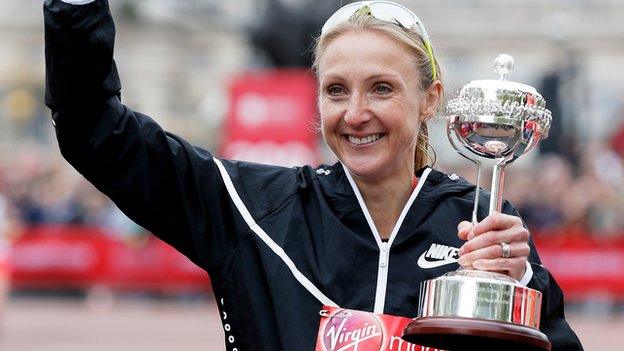
- Attribution
- Published10 August 2015
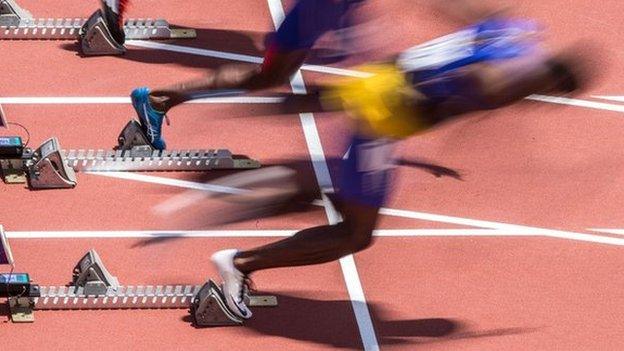
- Attribution
- Published5 August 2015
- Attribution
- Published8 August 2015
